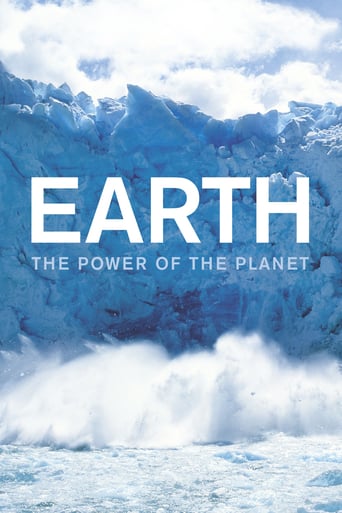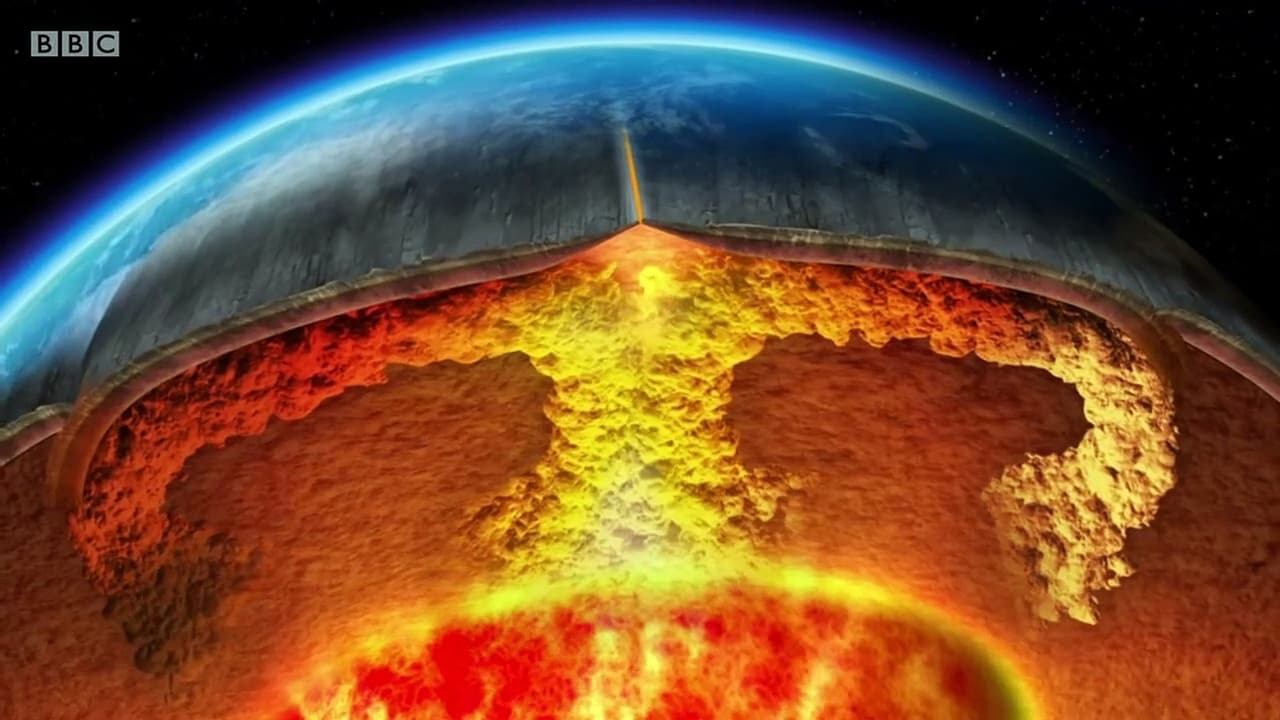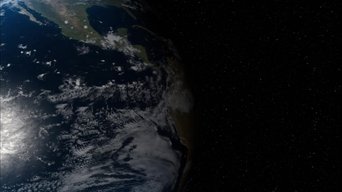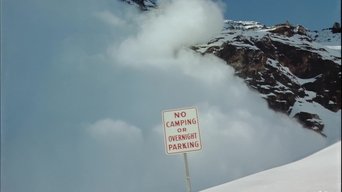stuartplunkett
In my view Dr Iain Stewart is greatly under estimated. He has a wonderful persona and in this particular series comes across as good as Attenborough. Earth: Power of the planet is quite possibly one of the greatest TV series I have ever seen. It takes us on a journey through the complex development of our planet, all the way from its explosive birth to the present time. It is exciting, yet sobering at times and explains everything on a level anyone can understand. Each of the 5 episodes gripped me from start to finish and I never get bored of watching them over and over.Its the kind of series that proves how lucky mankind are to even be in existence and that as complex the procedures it took to get us here, nature has the power to quickly take it away in a blink of an eye. 10/10 for me!
skoyles
Stewart's series makes a perfect companion to the Plant Earth, Blue Planet, etc multi-pack of DVDs I recently purchased. What a marvelous and enjoyable experience it is to see the power of the Earth's physical properties. I will confess that I enjoyed the narrator's accent (much like my Mother's, though she insisted she had no accent)and his enthusiasm. Certainly it lends a different flavour when compared to David Attenborough's more mature tones. The use of extraordinarily clear computer graphics are startling. I found the size of the sphere made of all the water on Earth compared to the dry globe one of the most frightening sights ever. There is very little water by volume while I note that my conditioning was based on globes and maps showing area covered by water. Quite startling. I highly recommend this series.
bootlebarth
It's a revealing indication of the times we live in that hundreds of comments are made on idmb about nonsensical Hollywood blockbusters, but only one - before this - on an exceptionally interesting television series about the history and future of our planet.Presenter Iain Stewart takes us on a tour of the forces that have shaped the earth over the last four and a half billion years: volcanoes, atmosphere, ice and oceans. A basic understanding of the material shown should be part of everyone's education.The worst aspects of the five part series are the visual intrusions made by the over- enthusiastic presenter. He flaps his hands, twists his mouth into many strange shapes, and speaks in a Scottish accent strong enough to require sub-titling (not provided) for many English speakers.There are also too many of the rapid cuts that seem to be standard fare these days, as directors assume that viewers have the attention span of a goldfish unless bludgeoned into wakefulness by flashing images too rapid to see properly.Behind the flaws lies a wealth of information, often accompanied by startling images. The crater of an Ethiopian volcano shows, on a tiny scale hugely accelerated, the same features as the shifting of land masses as the tectonic plates separate and clash because of the forces from the molten core. A man jumps from a plane and surfs the atmosphere, illustrating that air is a fluid. We see irrefutable evidence of the shrinking of glaciers and the potential for melting permafrost to release methane, a far more potent greenhouse gas than carbon dioxide, into the atmosphere.If we don't already know, we learn that Earth was completely icebound for millions of years, that ice ages have come and gone, that the Mediterranean has repeatedly disappeared when land movements closed the Straits of Gibraltar, that the global oceanic currents have stopped again and again causing massive extinctions, and much more.The final episode explains how unusual and possibly unique our planet must be despite the billions of stars in our own galaxy and the billions of galaxies elsewhere. There are plenty of references to climate change that might be the result of human activity, but life on earth will survive with or without modern homo sapiens.Never mind the irritations. 'The Power of the Earth' is a fascinating, alarming, reassuring and chastening series. Maybe it could have been done better, but it's good enough to be seen by anyone with an interest in history, the extraordinary ability of homo sapiens to understand the universe, and the shape of things to come.
IMSandman
This series of 5 shows was OUTSTANDING! Everyone from a 3rd grader up to an octogenarian will enjoy this and gain new knowledge about the planet on which we reside.How do waves form? What does the inside of a glacier look like? How did carbon dioxide SAVE our planet? How did the dinosaurs become extinct? Why do the continents shift? Why we are actually living under water (similar to a lobster) and don't even realize it. How did life form? How did our planet form? How did Earth's sister planet Theia create the moon? Why the moon is slowly but surely leaving planet Earth. How Jupiter protects the Earth. Etc, etc, etc.... all of these questions and many, many more are tackled in this program.The explanation of these events is extremely well presented using actual footage and computer generated images. This is a must see by all.Happy viewing!


 AD
AD





